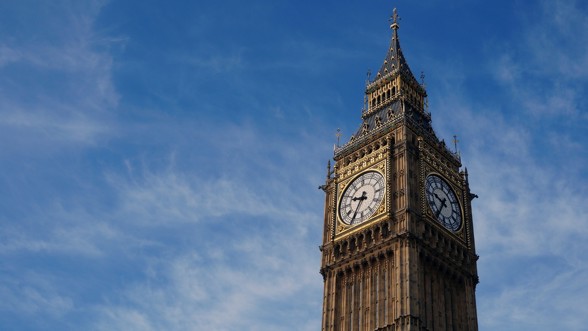The UK’s agreement on the withdrawal from the EU entered into force on 1 February 2020. A transition period lasting until the end of 2020 began with Brexit. The time after the transition period is still largely shrouded in mystery, but we now know that, based on the Brexit withdrawal agreement, the EU’s social security regulation can be applied in so-called unchanged situations also after Brexit.
“When it comes to the new agreement, we will most likely have to hold our breath until the first bars of Auld Lang Syne play. If a new agreement could be reached and its contents were to be similar to the current agreement between the EU and Switzerland, for example, many employer representatives, employees and entrepreneurs could let out a sigh of relief. New posting situations could be handled just like up until now,” says Arja Iisakkala, Head of International Services.
After 31 December 2020, based on the Brexit withdrawal agreement, employees and entrepreneurs posted in the UK from Finland and those posted in Finland from the UK can be given an extension to an A1 certificate granted earlier, if the person’s situation remains unchanged and, for example, the 5-year maximum period has not expired. This would allow payments to continue to be made only to the country granting the certificate and the persons would retain their right to medical care in line with current rules.
“Employees and entrepreneurs posted for the first time are likely to face a non-agreement situation between the two countries after 1 January 2021,” Iisakkala points out.
Threat of double payments
If a new social security agreement is not achieved before the transition period ends, and the employee or entrepreneur is not granted an A1 certificate based on the Brexit withdrawal agreement, this means a non-agreement situation. For employers, this means paying double contributions, as according to Finland’s legislation, the employer must insure an employee posted to a non-agreement country without a time limit under earnings-related pension insurance, unemployment insurance and accident insurance. And similarly, the UK will acquire the right to charge statutory contributions in accordance with the host country principle.
The same situation applies to posted entrepreneurs, but only for a maximum of one year. This is because YEL insurance can only be in force for one year at most when an entrepreneur works in a non-agreement country. If the posting and non-agreement situation lasts longer than a year, the YEL insurance will be terminated retroactively from the final day of work in Finland, and the entrepreneur will be refunded the paid contributions for the duration of their employment in the UK.
In a non-agreement situation, an employer can receive a certificate from their own earnings-related pension company for applying for exemption from the UK’s pension contributions.
A non-agreement situation requires multiple measures from entrepreneurs and employees
In a non-agreement situation, the employee and entrepreneur and family members moving with them must remember to apply to Kela for a decision on their right to maintain entitlement to Kela’s benefits after 1 January 2021. If Kela’s decision is positive, the employer must pay health insurance contributions based on their salary for insurance purposes and a similar minimum deduction will be made from the employee’s salary going forward if the salary is paid from Finland. The entitlement to Kela’s benefits can continue for no more than five years.
An employee posted to Finland from a non-agreement country for less than two years is not insured under TyEL, so a British employer posting an employee will avoid paying TyEL contributions. They will also not be obligated to pay health insurance contributions if the British employer does not establish a permanent branch in Finland. In this case, the employer only has to pay statutory accident insurance and unemployment contributions to Finland. An entrepreneur coming to Finland from the UK has to meet the residence condition defined in YEL in order for the entrepreneurial activities carried out in Finland to be covered by YEL insurance.
The validity of the European Heath Insurance Card will end, so the Ministry of Social Affairs and Health recommends on its website that entrepreneurs take out private insurance. A sudden illness in the UK would therefore not result in exorbitant expenses. This same recommendation also applies to employees and entrepreneurs posted from the UK to Finland.
Pension payments secured
A non-agreement situation does not change the social security or pension accrual of a British entrepreneur or a British employee working for a Finnish employer in Finland. British citizens must, however, register their residence so that their residence in Finland can continue under the same rules as during the UK’s EU membership. In future, earnings-related pensions accrued in Finland will be granted and paid to British citizens, wherever they are in the world.
And, correspondingly, the UK has promised to grant and pay pensions earned in the UK to EU countries just like it has up to this point. The forwarding of pension applications between the authorities of the countries may be interrupted until the new agreement enters into force.
Keep up with the news
The changes will become relevant after the New Year.
“A lot remains up in the air still, so it’s a good idea to keep up with news and information on the topic,” Iisakkala stresses.
